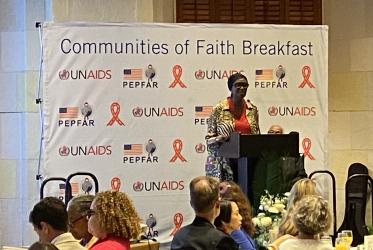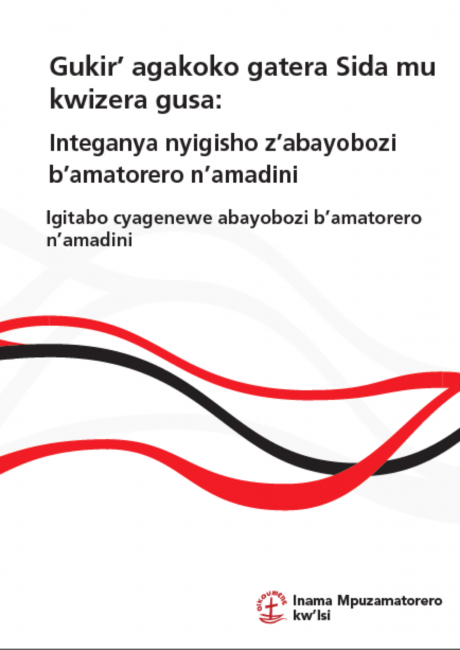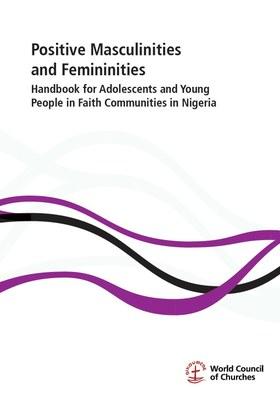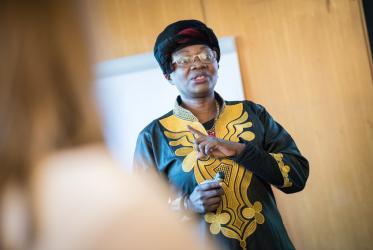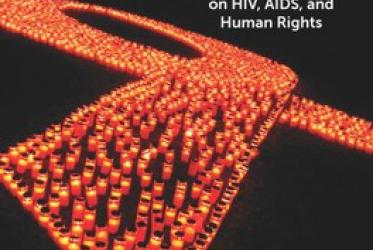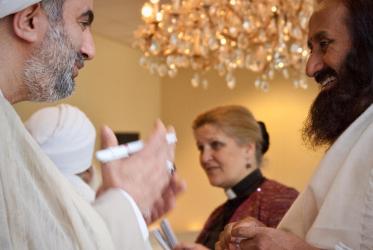Displaying 1 - 20 of 24
Executive Summary
23 March 2024
Recommended Practices to Combat HIV-Related Stigma
A Guidebook for Local Faith Communities
05 October 2023
Faith Sector Implementation of the Global AIDS Strategy
05 October 2023
HIV and AIDS Civil Society Networks and the Faith Sector
Lessons Learnt from Strategic Engagement in India, Dominican Republic, Indonesia, and Jamaica
31 January 2023
Treatment Adherence and Faith Healing in the Context of HIV and AIDS in Africa
Training Manual for Religious Leaders
25 October 2020
Positive Masculinities and Femininities
Handbook for Adolescents and Young People in Faith Communities in Nigeria
19 October 2020
Young people in Nigeria focus on positive masculinity, femininity
14 December 2018
WCC former staff appointed to expert panel
31 July 2018
#WCC70: A prayer about health and healing
20 July 2018
WCC book featured in UN discussion on gender, religions and health
16 September 2016
Honest talk blossoms between youth, theologians in Cote d’Ivoire
14 September 2016
Overcoming discrimination to address HIV in Zimbabwe
11 November 2015





